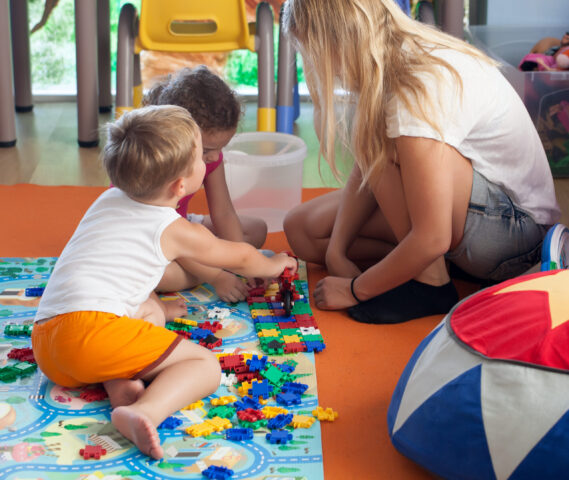IEL Resources
Tip Sheets
- Dealing with Distraction
- Feelings are Fantastic
- Fuss Management: Comforting the Irritable Child
- Fuss Management: Planning Ahead to Prevent Tantrums
- Helping Children Develop ‘Impulse Control’
- Helping Children Handle Disappointment
- Keep Up the Good Work
- Play and Self-Regulation in Preschool
- Positive Guidance for Young Children: Be Consistent
- Positive Guidance for Young Children: Be Thoughtful
- Positive Guidance for Young Children: Plan Ahead
- Positive Guidance for Young Children: Take a Break and Calm Down
Tool Kit
Video


